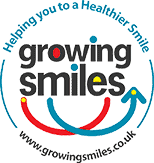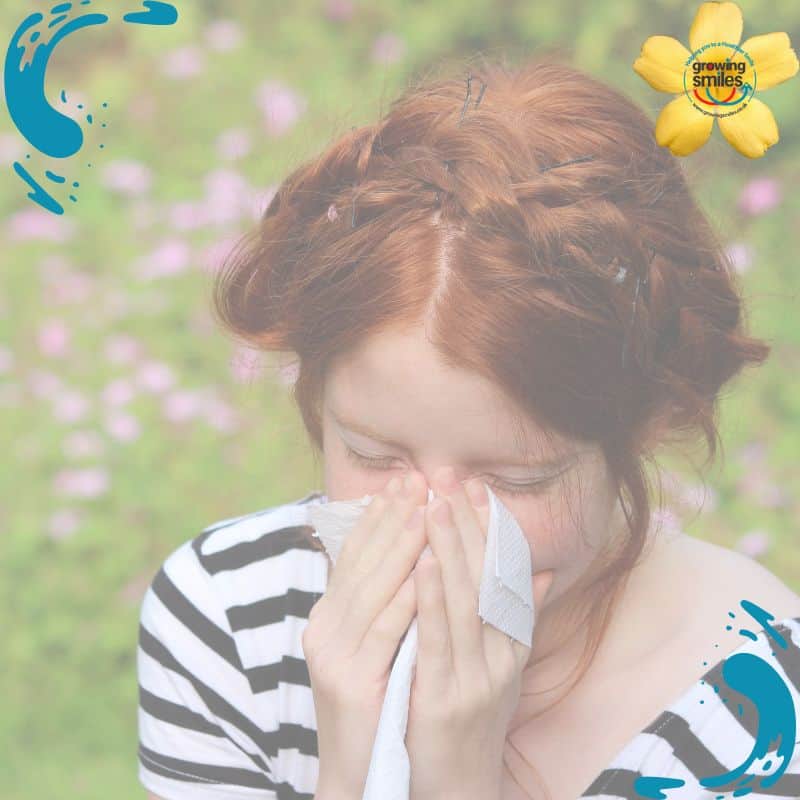
Stuffed up, sneezing, itchy watery eyes, sinus headache?
Sound’s like seasonal allergies. The joys of summer aren’t the same for everyone and hay fever can spoil the best of being outdoors. It can also affect your oral health, increasing your risk of bad breath, tooth decay and bleeding gums.
Summer sees pollen from trees, grasses and weeds unite to create the perfect storm for your immune system resulting in sneezing, stuffed up nose and other hay fever symptoms.
How does this affect your oral health?
Blocked nose? Mouth breathing?
You may be more inclined to mouth breath when coping with a stuffy, congested nose, especially at night. Dry mouth can also be a side effect of many antihistamines. When your mouth is dry – for whatever reason, you have less saliva and bacteria have a field day (excuse the pun!), increasing the risk of tooth decay, bleeding gums and bad breath.
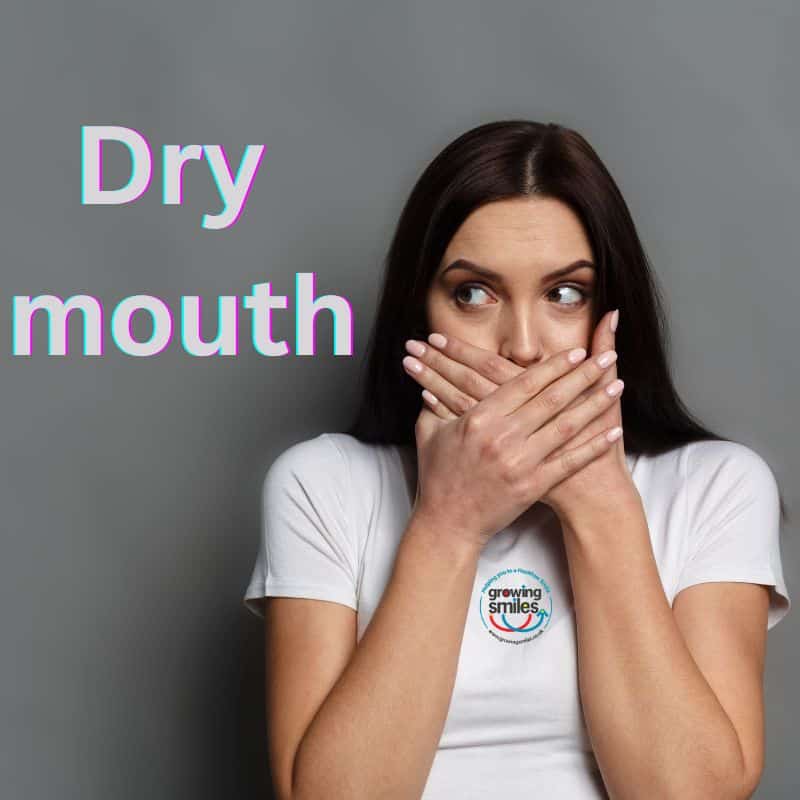
Saliva is your mouth’s secret helper – buffering acids and sugars, self cleansing and lubricating soft tissues. It works away in the background and often is not appreciated until its not there. Plaque biofilm can develop and mature faster in a dry environment leading to bad breath and gum inflammation. Self cleansing and buffering of acids and sugars is reduced when your mouth is dry leading to increased risk of tooth decay. When the soft tissues dry out they are more likely to be traumatised leading to sores and ulcers. Contact your dental team if an ulcer doesn’t heal within a couple of weeks.
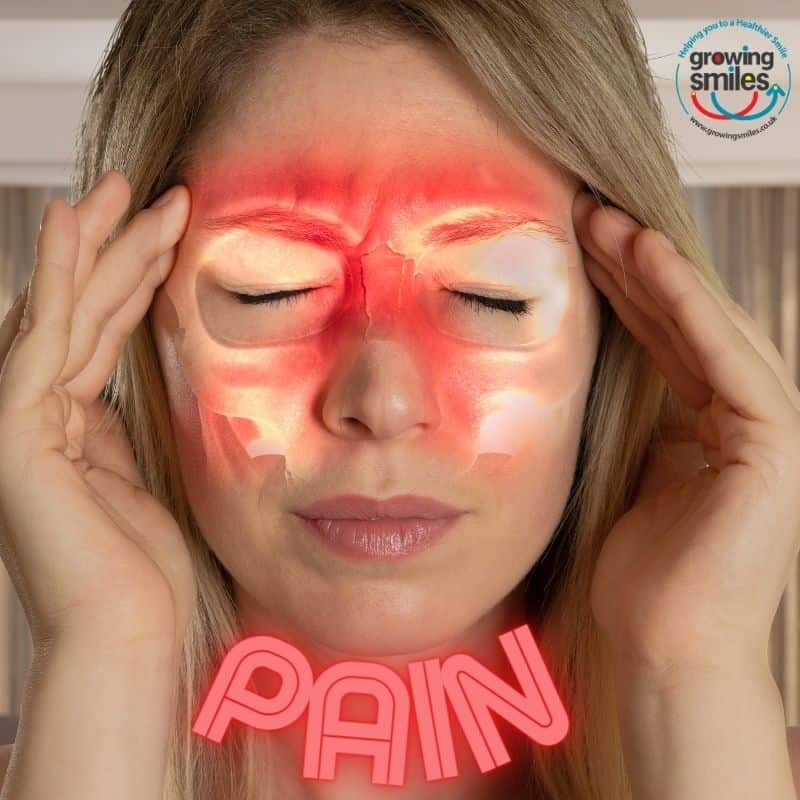
Sinusitis
Stuffy sinuses may cause pain around your face as well toothache. The large sinus around your nose can become inflamed and pressure builds and presses down on the roots of top molars. This can make it uncomfortable to eat, sensitive and even a throbbing pain. Using antihistamines can help but if the pain continues or is somewhere else in your mouth contact your dental team.
Post nasal drip?
Your throat may feel scratchy and sore – this is often caused by a post nasal drip which can cause bad breath. Warm salt water sinus rinse or gargle can help clear mucus and allergens from sinuses and back or your throat. Using Xylitol products can also help.
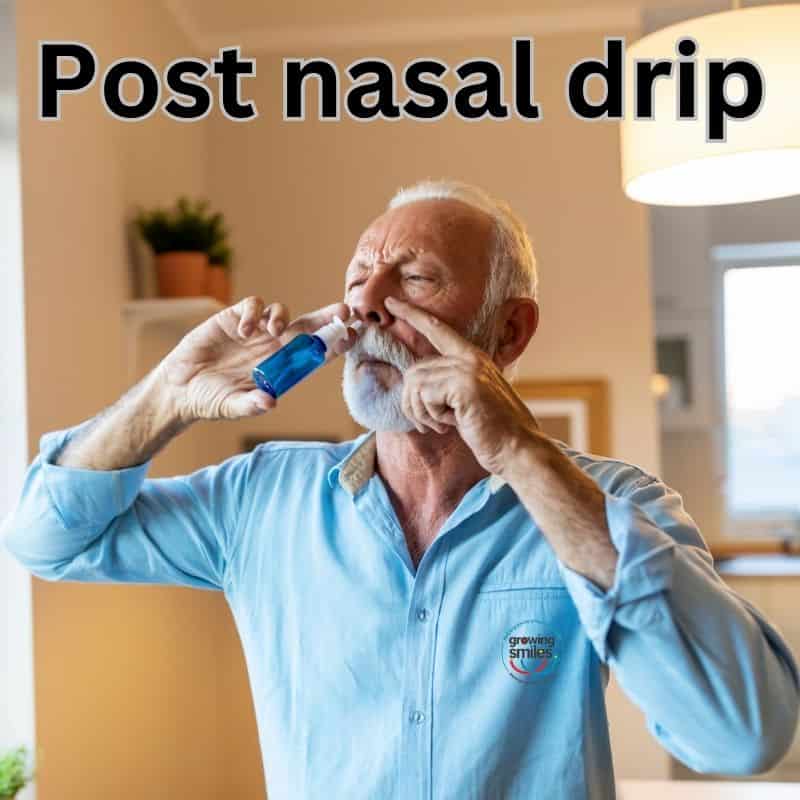
Stay hydrated and stimulate your saliva flow.
Staying hydrated helps combat the effects of dry mouth and assists the body flushing away mucus. Drink plenty of water and eat foods that need chewing. Using sugar free gum stimulates saliva flow. Choose one with xylitol – its great for oral (and nasal) health.
Keep on top of your oral hygiene routine.
Daily control of the plaque biofilm that forms on all surfaces in the mouth is key to oral health and fresh breath. Use a tongue scraper, an interdental cleaning aid suited to the space between your teeth, tooth brush – either rechargeable or manual and a toothpaste with at least 1350ppm fluoride for maximum protection.
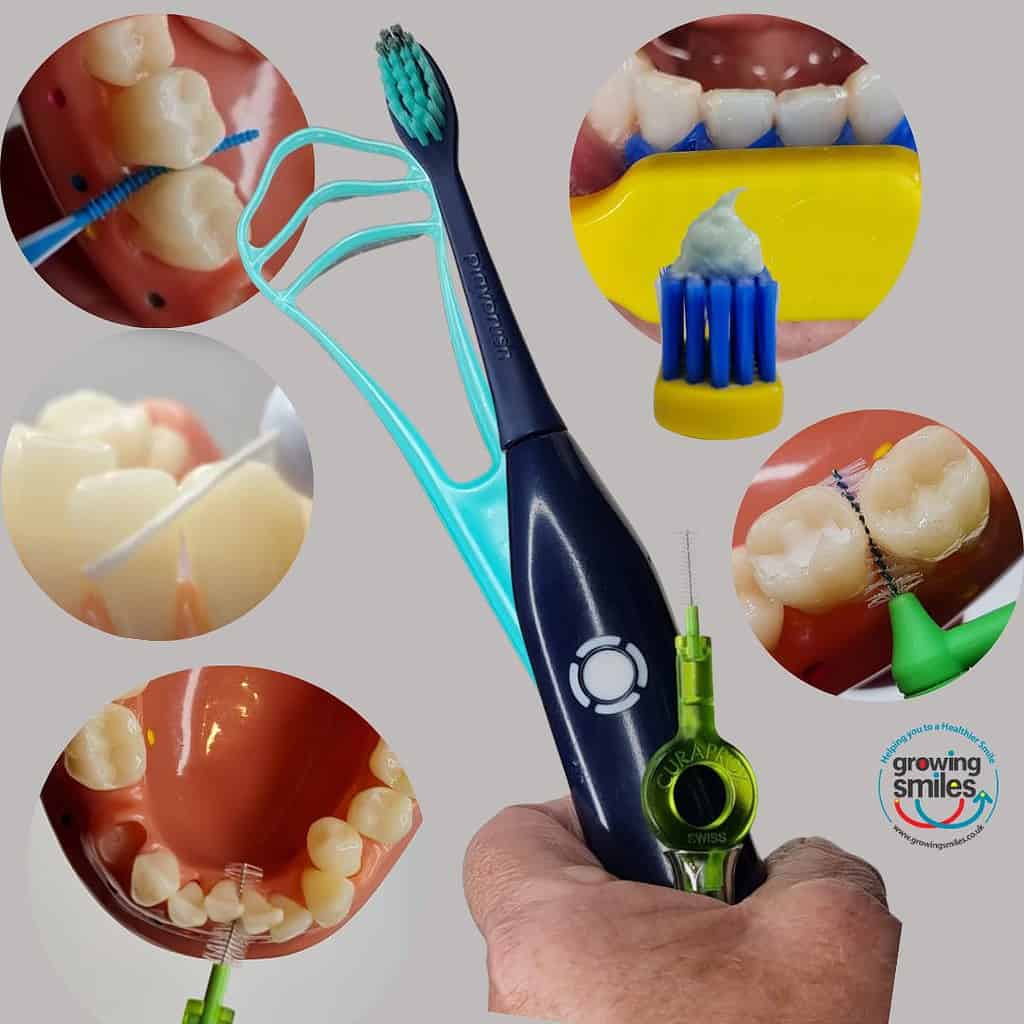
Treat your allergies
Controlling your allergies will reduce their impact on your oral health. Avoid known triggers and talk to your health care team about long-term allergy solutions. Allergies may make your mouth uncomfortable but don’t ignore any unusual mouth pain or problems, talk to your dental team.
Want to learn more about how you can improve your oral health? Check your dental score and take Time out for your Teeth.
